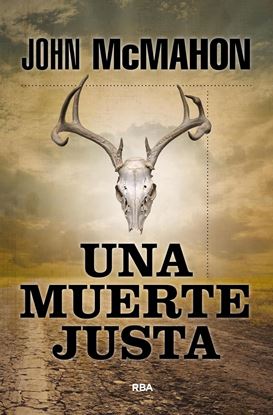

UNA NOVELITA LUMPEN (BOL)
Tras la temprana muerte de sus padres en un trágico accidente automovilístico, Bianca, poco más que una adolescente, protagonista y voz por medio de la cual se hilvana la narración, se descubre avocada al abismo de su indiferente existencia, dirigida irremediablemente a un camino que no conduce a ningún futuro. Desde entonces dedica sus horas a lavar, tintar y cortar pelo mientras su hermano menor se mezcla con gente de dudosa reputación en el gimnasio donde trabaja. La aparición de dos hombres misteriosos supondrá la oportunidad de cometer un delito que podría rescatarles de las penurias económicas. La pequeña fortuna de un viejo y ciego actor podría resultar en una puerta de huida que los llevase a algún lugar; el que fuera, pero a alguno. Bianca tiene mucho que ganar y nada que perder, pues ¿qué ha de esperar quien ha abandonado toda esperanza?
850
UNA MUJER SIN CORAZON
¿Pueden tres citas derribar las murallas de un corazón?
Clare lo tiene todo menos un corazón. Se lo rompieron de adolescente y, desde entonces, se ha dedicado a evadir las relaciones y así evitar que vuelvan a jugar con ella. Tiene líos de una noche y su lema es: No repetir.
Lucas es su opuesto: un romántico empedernido que salta de una relación formal a otra.
Son amigos, y se atraen. Deciden tener sexo. Pero Lucas le pide tres citas antes de acostarse esa única vez, como pretende Clare. Tres citas en las que él intentará derribar las murallas alrededor de su corazón.
995
UNA MUERTE JUSTA
¿QUÉ SERÍAS CAPAZ DE HACER PARA VENGAR A LAS PERSONAS QUE AMAS?
El inspector P. T. Marsh acude a una escuela donde se ha producido un tiroteo y un hombre retiene a algunos rehenes. Mientras los equipos se preparan, Marsh ocupa el tejado de un cobertizo desde el que puede ver al asaltante. Y, en ese momento, recibe una llamada telefónica que lo precipita todo provocando una muerte que considera justificada.
A partir de ahí, empieza para Marsh y su compañera Remy Morgan una investigación en la que surgen preguntas cada vez más incómodas, relacionadas con demonios personales, deudas de sangre y oscuros intereses políticos al más alto nivel. Poco a poco aparecerán indicios de que quizá actuó de forma equivocada. ¿Y si el peso del pasado le ha llevado a cometer un terrible error?
995











